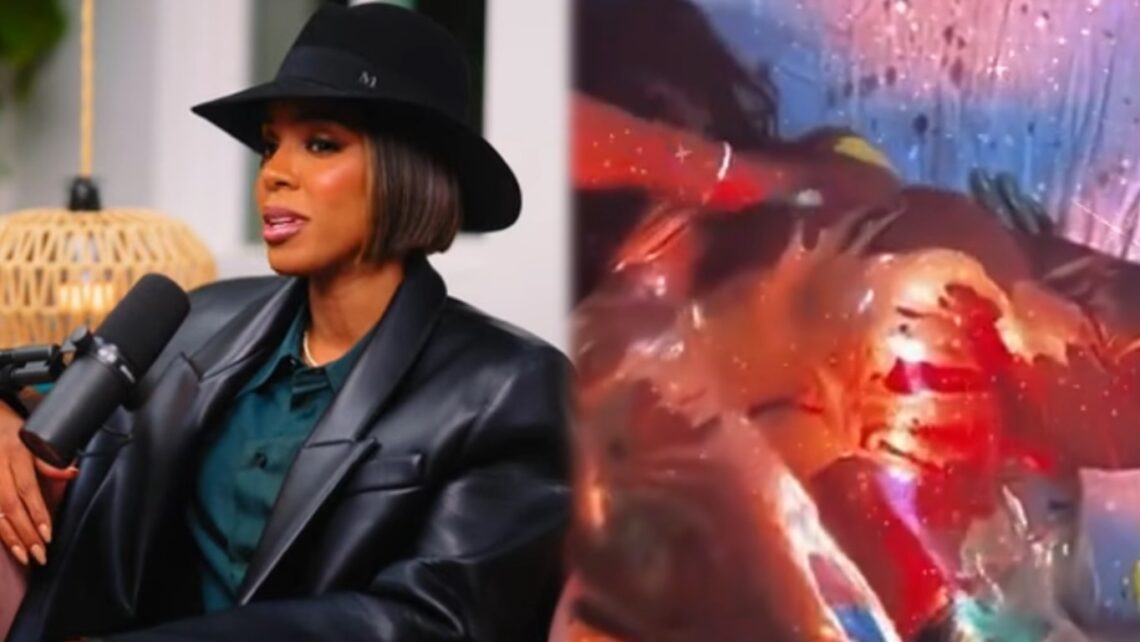Exploring The Intricacies Of Mea Culpa Sex Scenes
In the realm of cinema and television, the term "mea culpa" evokes a sense of acknowledgment and confession, often leading to complex emotional landscapes. These themes become even more pronounced when intertwined with sex scenes that delve into the depths of human relationships. The "mea culpa sex scenes" genre offers a unique lens through which we can explore the fragility of love, guilt, and redemption. From passionate encounters to heart-wrenching reconciliations, these scenes can serve as pivotal moments that define characters and their journeys. They reflect not just physical intimacy but also the emotional scars that linger in the wake of betrayal, loss, and forgiveness.
As audiences, we often find ourselves captivated by the raw vulnerability displayed in these moments. The juxtaposition of eroticism and emotional turmoil creates a compelling narrative that resonates with viewers on multiple levels. In this article, we will dissect the portrayal of "mea culpa sex scenes" in various films and shows, exploring how they contribute to character development and thematic depth.
Furthermore, we will delve into the biographies of notable filmmakers and actors who have bravely brought these scenes to life, examining their motivations and artistic choices. By understanding their perspectives, we gain insight into the delicate balance of storytelling, intimacy, and the human experience.
What Are Mea Culpa Sex Scenes?
Mea culpa sex scenes are characterized by their emotional complexity, often highlighting themes of guilt and redemption. Unlike typical intimate scenes that merely depict physical attraction, these moments are steeped in the characters' internal struggles. They can manifest in various ways, including:
- Reconciliation after infidelity
- Sex as a form of apology
- Exploration of past traumas
- Emotional catharsis through intimacy
Who Are the Pioneers of Mea Culpa Sex Scenes?
Several filmmakers and actors have made significant contributions to the portrayal of "mea culpa sex scenes" in cinema. Their innovative storytelling and willingness to explore difficult themes have paved the way for more nuanced representations of intimacy.
Biography: Notable Figures in Mea Culpa Cinema
| Name | Occupation | Notable Works | Year Born | Nationality |
|---|---|---|---|---|
| Ang Lee | Director | Brokeback Mountain, Lust, Caution | 1954 | Taiwanese |
| Kristen Stewart | Actress | Clouds of Sils Maria, Personal Shopper | 1990 | American |
| Pedro Almodóvar | Director | Talk to Her, The Skin I Live In | 1949 | Spanish |
How Do Mea Culpa Sex Scenes Enhance Storytelling?
When crafted with intention, "mea culpa sex scenes" can serve as transformative moments within a narrative. They allow characters to confront their flaws and vulnerabilities, ultimately leading to growth and understanding. The following elements illustrate how these scenes enhance storytelling:
- Character Development: These scenes can reveal deeper layers of a character's psyche, showcasing their struggles and desires.
- Thematic Exploration: By delving into themes of guilt and redemption, these moments resonate with universal human experiences.
- Emotional Impact: The combination of physical intimacy and emotional turmoil can create powerful, memorable moments for audiences.
What Are Some Iconic Mea Culpa Sex Scenes in Film?
Several films have masterfully executed "mea culpa sex scenes," making them unforgettable in the context of the narrative. Some iconic examples include:
How Do Audiences Respond to Mea Culpa Sex Scenes?
Audience reactions to "mea culpa sex scenes" can vary widely, often influenced by cultural context and personal experiences. Some viewers find these moments relatable, while others may feel discomfort due to the heavy themes presented. Factors that influence audience response include:
- Personal Experiences: Viewers may project their own feelings of guilt or regret onto the characters, heightening their emotional engagement.
- Cultural Background: Different cultures may have varying perceptions of intimacy and guilt, impacting how these scenes are received.
- Expectations: Depending on the genre, audiences may have different expectations regarding the portrayal of sex and relationships.
What Future Trends Can We Expect in Mea Culpa Sex Scenes?
As societal norms and cultural narratives continue to evolve, the portrayal of "mea culpa sex scenes" in cinema is likely to undergo significant changes. We can anticipate trends such as:
- Increased Diversity: Future films may feature a broader range of perspectives and experiences, including LGBTQ+ narratives.
- More Authentic Storytelling: Filmmakers may prioritize authenticity in depicting the complexities of relationships, leading to more nuanced scenes.
- Exploration of Mental Health: Greater focus on mental health and its impact on relationships may become a central theme in future narratives.
Conclusion: The Lasting Impact of Mea Culpa Sex Scenes
In conclusion, "mea culpa sex scenes" serve as a powerful narrative device that transcends mere physicality. They invite audiences to explore the intricacies of human emotions, revealing the depths of love, guilt, and redemption. As we continue to witness the evolution of storytelling in film and television, these scenes will undoubtedly remain a vital aspect of the cinematic experience, resonating with viewers across generations.
Unraveling The Romance Of Olivia Munn And Aaron Rodgers
Discovering The World Of Cinda Canning: A Journey Through Creativity And Passion
Kendrick Baby Momma: The Untold Story Behind The Star's Family Life



ncG1vNJzZmivp6x7s7vCpJmroZScsqO%2B1KKlrGafp7RwwMScn6ennKS0usDRnqWdq1%2BisqJ5wq6jqZldqLK5edKcnKedo2O1tbnL
